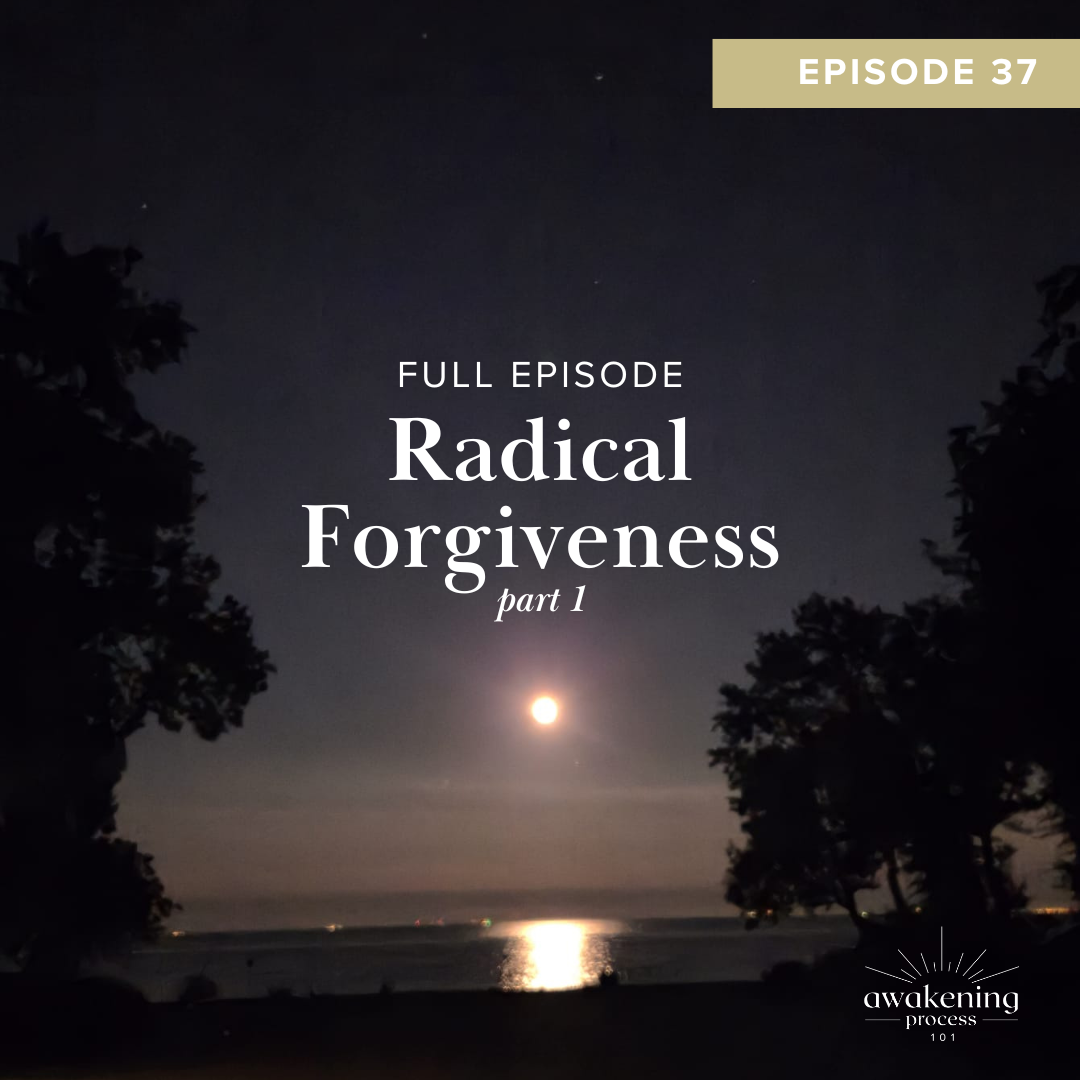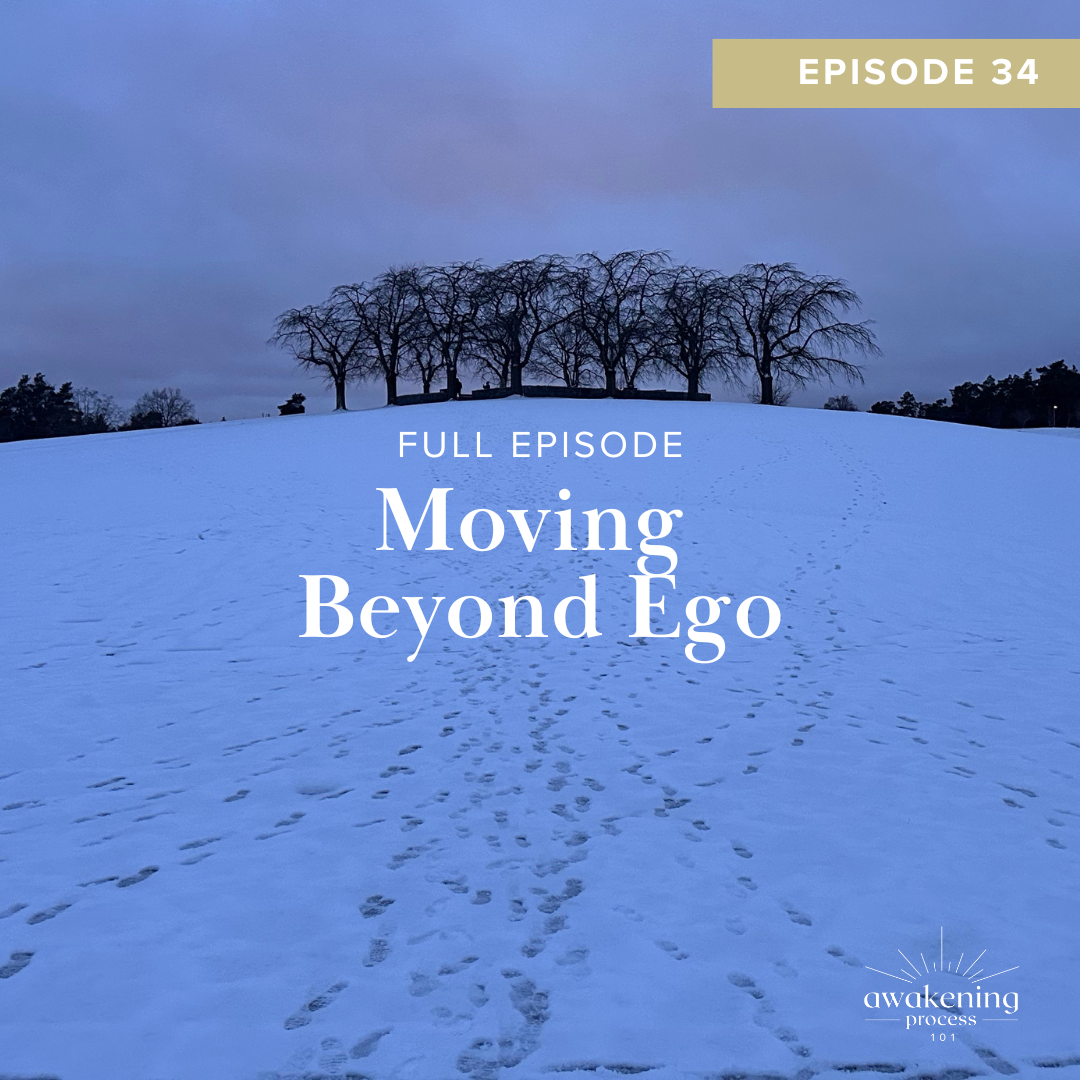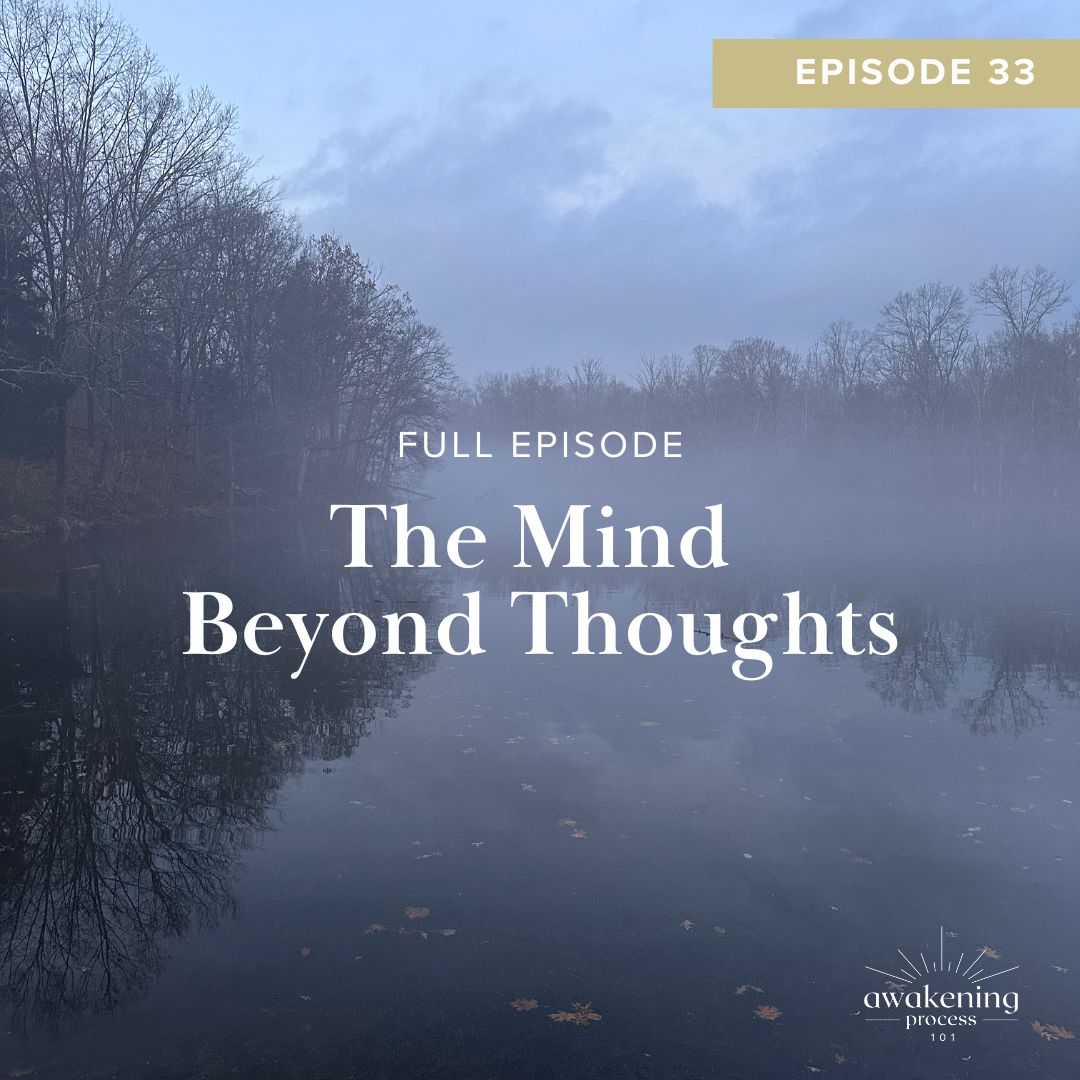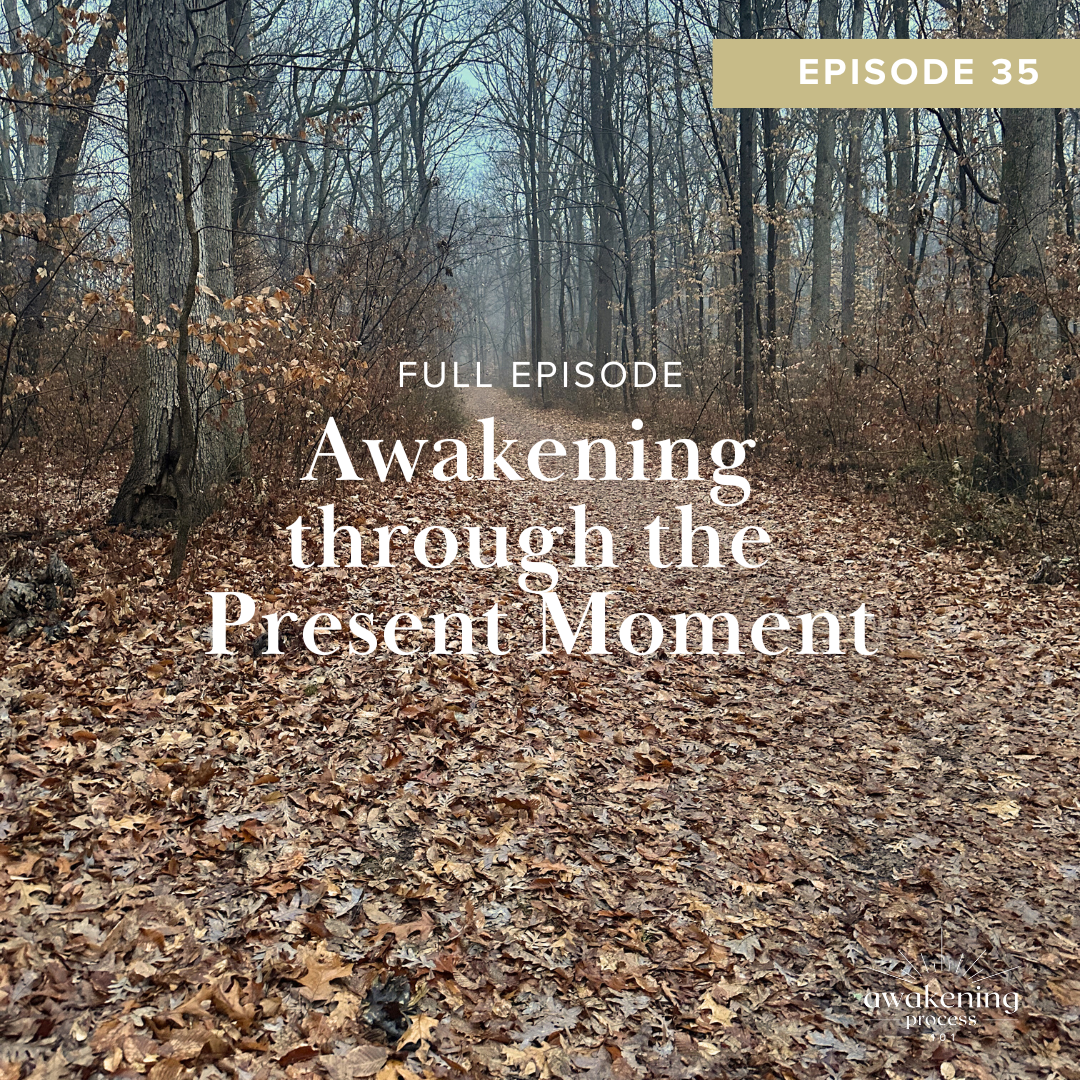Wise Parenting
Wise Parenting
Podcast Summary
Parenting is not a straight line. It is a spiral that moves us through lessons, emotions, breakdowns, and breakthroughs. It is sacred work and soul work. No chapter of it asks more of us than the teenage years, where surrender, presence, and personal evolution are continually required.
In this episode of Wise Parenting, I sat down with my dear friend to explore what it truly means to parent with consciousness in a time of deep transformation. We did not come with neat answers or fixed formulas. What we brought instead was something more honest: the humility of being in the work, the softness of reflection, and the shared understanding that parenting is not about performance, but about presence.
So often, we look outward for parenting strategies, when the real medicine lives within us. It lives in the way we speak and the way we listen. In the breath we take before reacting. In how we meet our children in their struggle and how we meet ourselves in our own.
Conscious and Mindful Parenting
Conscious parenting is not something we check off. It is something we become. In the episode, we shared how parenting is not about fixing our children, but about truly seeing them. And in seeing them, we begin to see ourselves more clearly. For me, that awareness started with noticing where I was not fully present. The diaper story I shared was just one moment, but it revealed something essential. Presence is not automatic. It is a choice we make again and again. In grocery store tantrums. In quiet moments. In chaos. In the ordinary details of everyday life.
When we do not slow down to meet our child in the moment, we miss the invitation to return to ourselves and to be fully with them. This can be humbling, because parenting pulls at the threads of our old stories, our unmet needs, our anxious patterns, and our desire to control what we fear. Conscious parenting is the daily commitment to interrupt those patterns. It asks us to pause and to reflect, asking ourselves whose story we are parenting from in this moment. It is an invitation to release the illusion of control and choose the truth of connection. It means allowing our children to walk their own path, even when it scares us and even when it looks nothing like ours. This is not easy work, but it is deeply liberating. And each time we choose presence over power and reflection over reaction, we become the safe ground our children long to land on.
Communication, Timing, and Trust in the Teen Years
Teenagers speak a different language, and most of it has very little to do with words. We explored how timing is everything. The moments when your teen rolls their eyes or slams a door are not the moments to reach for connection. The moments when they sit beside you without prompting, linger in the kitchen, or share quiet space with you in the car with the music turned low are often when the heart begins to open.
I have learned that parenting teens is more about sensing than speaking. It is about attuning to their energy rather than focusing only on their behavior. Most importantly, it is about regulating our own inner state. When we speak from fear, they shut down. When we lead with shame, they turn away. When we come from curiosity and presence, they feel it.
This is the deeper layer of parenting. It is the reparenting of our own past so it does not get passed on. Teenagers do not need perfect parents. They need real ones. Parents who can say they do not have all the answers, but they are here. Parents who listen more than they lecture. Parents who can see beyond the behavior and into who their child is becoming.
Setting Boundaries and Allowing Natural Consequences
Love sometimes says no.
We talked about how our culture often mistakes love for indulgence, when true love also includes boundaries. Boundaries that are clear. Boundaries that are compassionate. Boundaries that say, you matter enough for me to hold this line. There is a tenderness in allowing our children to fail, because it is through failure that strength is built. Resilience does not grow from perfection, but from recovery. When we are always stepping in, always fixing, smoothing, or solving, we take away the opportunity for that strength to develop. I have had to ask myself often whether I am helping or rescuing. Because sometimes the most loving thing we can do is not intervene. Sometimes it is allowing the consequence to speak and letting life do the teaching.
We do not raise our teens to avoid the world. We raise them to meet it with grace, clarity, and an inner compass. Boundaries are one of the ways they learn how to find that compass.
Conclusion
This podcast episode was a deep remembering. A remembering that parenting is not about shaping perfect humans, but about becoming more whole ourselves. Our children are not here to reflect our worth. They are here to walk beside us, as mirrors, as messengers, and as unfolding mysteries. We are not meant to get it right all the time. We are here to be present, to be honest, and to be willing to repair when rupture happens. And that is enough.
Let your parenting be a spiritual practice. Let it open you. Let it teach you how to come home to yourself, so your child learns how to do the same.







